Zimbabwe
Power generation at Zimbabwe’s main hydro station is set to decline and further disrupt electricity supply in the southern African economy that is still struggling to emerge from a catastrophic recession.
The national electricity supplier said Monday, power supply could ease further due to a drought, adding that it plans to increase tariffs to raise money for power imports.
Southern Africa is facing a drought caused by the El Nino weather pattern, which is expected to bring more drought to already parched countries including Zimbabwe, affecting Kariba hydro station which produces half of the nation’s electricity.
Power supply at Kariba would be cut further to 275 megawatts (MW) in 2016 due to low water levels after falling by a third to 475 MW in August, state-owned Zimbabwe Electricity Transmission and Distribution Company (ZETDC) said in a statement.
ZETDC is currently supplying 1,194 MW, half of Zimbabwe’s peak demand, from both hydro and coal power generation.
Electricity shortages have forced local industries to use costly diesel generators to keep operations running and have been blamed for keeping away potential investors, analysts say.
Hike in Tariffs
The ZETDC said it had requested the Zimbabwe Energy Regulatory Authority to allow it to raise the electricity tariff from 9.86 cents per kilowatt-hour to import power to power the economy, but did not say how much the increase would be.
“The purpose of the proposed tariff increase is to cover the increased costs of emergency power and additional imports in order to maintain supply at current levels and avoid shrinking the economy,” ZETDC said.
The power regulator said it would consult industry, mines and residents before making a decision on the tariff request.
The Confederation of Zimbabwe Industries (CZI) has already warned that the crisis in the power sector would ruin the economy.
“Power is one of the many infrastructural utilities which are supposed to play an enabling role in the economy. A lot of money is lost due to power outages and power availability is one of the prerequisites demanded by potential investors. They look at the assurance that they will have sufficient and reliable power supply. Given the anticipated crisis, few investors would consider Zimbabwe as an investment destination,” said CZI.
The Chamber of Mines of Zimbabwe also said the situation at Kariba was a cause for concern in the mining industry as it would affect operations in the sector.
Zimbabwe has been experiencing crippling power shortages, with national demand at peak periods estimated at 2,200MW, against available generation of about 1,000MW.
The country has been importing from regional power utilities to cover the shortfall, but this has also not been enough to meet demand.
Zimbabwe’s economy is struggling to emerge from stagnation and is projected to struggle next year due to low commodity prices and a forecast of poor rainfall that could hit the agriculture sector.



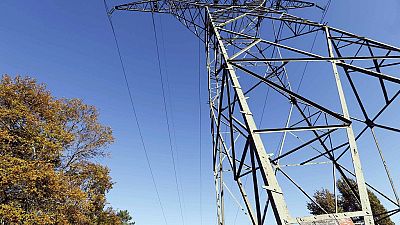


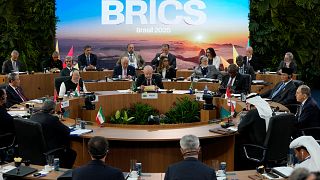
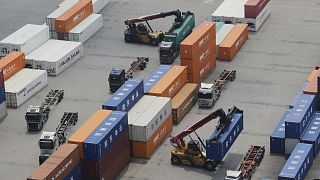



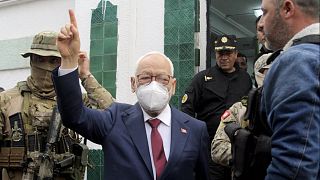
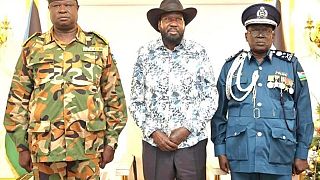

Go to video
Zimbabwe court rejects opposition bid to block Gukurahundi massacre hearings
02:19
South African actor Embeth Davidtz makes directorial debut with Rhodesia-set drama
Go to video
To avoid conflicts with locals, Zimbabwe tracks elephants with GPS
Go to video
Putin hosts talks with African leaders on security
11:14
Power Play or Partnership? America’s Strategy in Africa [Business Africa]
Go to video
Harare City Council says bedbug infestation confined to only one locality